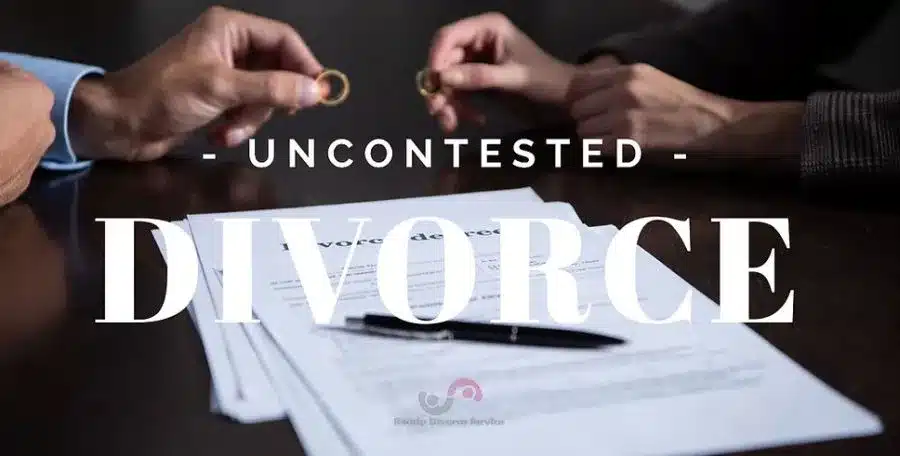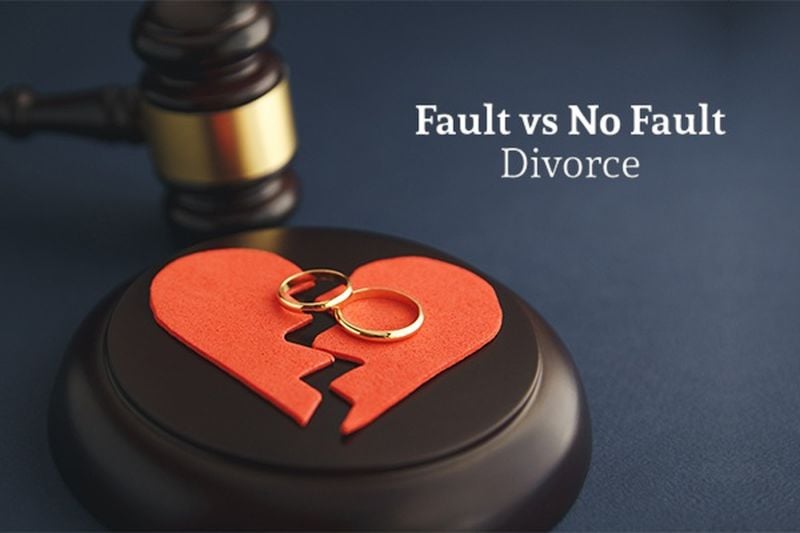Learn about separate and marital property in a divorce, and how the state you live in can make all the difference in deciding who gets what.
Who Owns What?
In a divorce, dividing up property can easily become a major bone of contention. Many couples are surprised that, more often than not, the name on the title to the property doesn’t control which spouse gets to keep that asset. Instead, ownership of the spouses’ property after the divorce will depend on whether:
- the assets are considered one spouse’s separate property or the couple’s marital property, and
- the couple lives in an “equitable distribution” state or a “community property” state.
What Is Marital Property and What Is Separate Property?
Generally, marital property is anything that you or your spouse earned or acquired during your marriage. (In some states that means before you were separated, while in others it means before you were divorced.)
Depending on your state, marital property may include any of the following types of assets, as long as they meet the “when acquired” rule:
- your primary home, vacation homes, and all other real property such as business and investment properties
- bank accounts, stocks, and bonds
- partnership interests and business assets
- pensions, profit-sharing plans, stock options, and other retirement and employment benefits
- household items like clothing, furniture, jewelry, and art
- vehicles, including aircraft and watercraft
- life insurance policies, and
- lottery winnings (based on a lottery ticket purchased during the marriage, even the winnings were paid out later).
The title to the property isn’t always relevant. So, for instance, you might put an asset (including a bank account where you deposit your earnings during your marriage) in your name alone, but that won’t disqualify it from being considered marital property.
Separate property belongs only to one spouse. Although there are some differences in state rules, there are some categories of separate property that are pretty much universal. Some of these are:
- property that one spouse owned before the marriage
- gifts or inheritances that one spouse received, either before or during the marriage
- property that the spouses have agreed (in writing) is separate, usually through a legally valid prenuptial or postnuptial agreement, and
- the portion of certain personal injury awards meant to compensate for the injured spouse’s pain and suffering, as opposed to reimbursement for medical expenses or other financial losses during the marriage.
Can Separate Property Become Marital Property?
Separate property can change into marital property in some circumstances. Usually this happens when separate property has been mixed (or “commingled”) with marital property. For example, let’s say Spouse A had a $20,000 certificate of deposit before the marriage. Usually that would be considered Spouse A’s separate property and wouldn’t be part of the property distribution when the couple divorced. But if Spouse A deposited the proceeds of that CD into a joint account with Spouse B during their marriage, the CD funds would no longer be Spouse A’s separate property, because they were commingled with joint funds.
Sometimes a portion—but not all—of separate property can become marital property.
You find this most often in situations where a spouse made contributions that increased the value of the other spouse’s separate property. For example, say that Spouse A owned a house before getting married and never put Spouse B’s name on the title. So far, separate property. But during the marriage, the couple used marital funds to make improvements to the house. Although that’s generally not enough to convert the house to marital property, Spouse B might be entitled to some of the increase in the house’s value attributable to the improvements.
In many cases where a couple is fighting over property in their divorce, a judge will have to look closely at the specific facts and decide whether the assets are separate or marital property, under that state’s rules.

How Is Marital Property Divided in Divorce?
Once it’s clear which assets are separate property and which are marital property, the marital property will then be divided between the spouses under their state’s laws.
There are basically two different methods states use to divide marital property: under “equitable distribution” or “community property” rules.
Equitable Distribution of Marital Property
The vast majority of states use the rule of equitable distribution. In a nutshell, the judge will divide all of the couple’s marital property (and allocate their marital debts) based on the judge’s decision as to what is fair to both spouses under the particular facts of each case. Because of this case-by-case approach, it’s important to note that “equitable” doesn’t necessarily mean equal (a 50-50 split).
Each state has its own guidelines for judges to follow when deciding how to distribute property equitably. Some of the more common factors include:
- how long the marriage lasted
- each spouse’s age and physical and emotional health
- any income or property either spouse brought into the marriage
- the couple’s standard of living during their marriage, and any time and expense a spouse needs to get the education and training it would take to reach a similar living standard
- any provisions in written prenuptial or postnuptial agreements that dealt with how the couple’s property would be divided if they divorced
- each spouse’s overall economic circumstances
- each spouse’s income and ability to earn, based on education, training, experience, length of any absence from the job market, and caregiving responsibilities for the couple’s children
- whether either spouse delayed pursuing career goals during the marriage in order to care for children or support the other spouse
- either spouse’s contributions to the education or earning power of the other spouse
- either spouse’s contributions to acquiring, keeping, or improving marital property
- either spouse’s actions that may have wasted marital property
- the tax consequences of any proposed property distribution
- the need of a parent with physical custody of a child to own or occupy the marital residence, and
- each spouse’s debts and liabilities.
Dividing Marital Property in Community Property States
In community property states, dividing marital property is usually less complicated than in equitable distribution states. That’s because the basic premise here is that all of a couple’s marital property will be equally divided between them, subject to any exceptions in the state’s law. The same rule applies to income and debts: Each spouse owns half of the income the other spouse earned during the marriage, and debts that either spouse incurred during the marriage are generally considered joint debts.
Some exceptions to the equal-division rule are pretty simple. Nevada law says that spouses’ community property should be divided equally, “to the extent practicable.” [Nev. Rev. Stat. § 125.150 (2022)]. But sometimes, the exceptions begin to look like the rules in equitable division states. For instance, Washington requires judges to make a “just and equitable” distribution of the couple’s property after considering all of the relevant factors, including how long they were married and each spouse’s financial circumstances after the property division. [Wash. Rev. Code § 26.09.080 (2022)].
Get help with divorce: Texas Uncontested Divorce
A 50-50 distribution doesn’t mean each individual asset has to be split in half. For example, let’s say one of the spouses needs to remain in the marital home, in order to care for a disabled child’s special needs. The court may award the home to that spouse but then order that other assets be sold—with the proceeds going to the other spouse to compensate for half the value of the home.
The community property states are: Arizona, California, Idaho, Louisiana, Nevada, New Mexico, Texas, Washington, and Wisconsin. In a few states, you may opt in to a community property system or designate certain assets as community property. (But this can have serious financial consequences, so you should consult with an attorney or financial advisor first.)
Avoiding the Headache of Dividing Property During a Divorce
The more you fight about anything in a divorce, the more anxiety it produces and the more expense you’ll face, particularly in legal fees. So before heading to the courts, you might want to consider Alternative Dispute Resolution (ADR), a concept whose purpose is to help people settle legal issues without the need for lengthy and costly court battles.
In the world of divorce law, the most common form of ADR is mediation, though some couples use collaborative divorce. When either of these methods succeed, they will result in a marital settlement agreement (sometimes referred to as a “property settlement agreement” or “divorce settlement agreement”). This document contains all the provisions that you and your spouse have agreed to, including child custody and visitation (parenting time), child support, and alimony (spousal support), in addition to the division of your property and allocation of your debts.
Be advised that you won’t actually finalize your divorce in mediation. Only a judge can do that by signing a judgment of divorce. But, with a marital settlement agreement in hand, the court will consider your case to be an uncontested divorce and will fast-track it so that you can get your final judgment relatively quickly, sometimes within a matter of weeks. Consider the benefit of that compared to contested divorces, which often take well over a year to conclude and can get very expensive.





